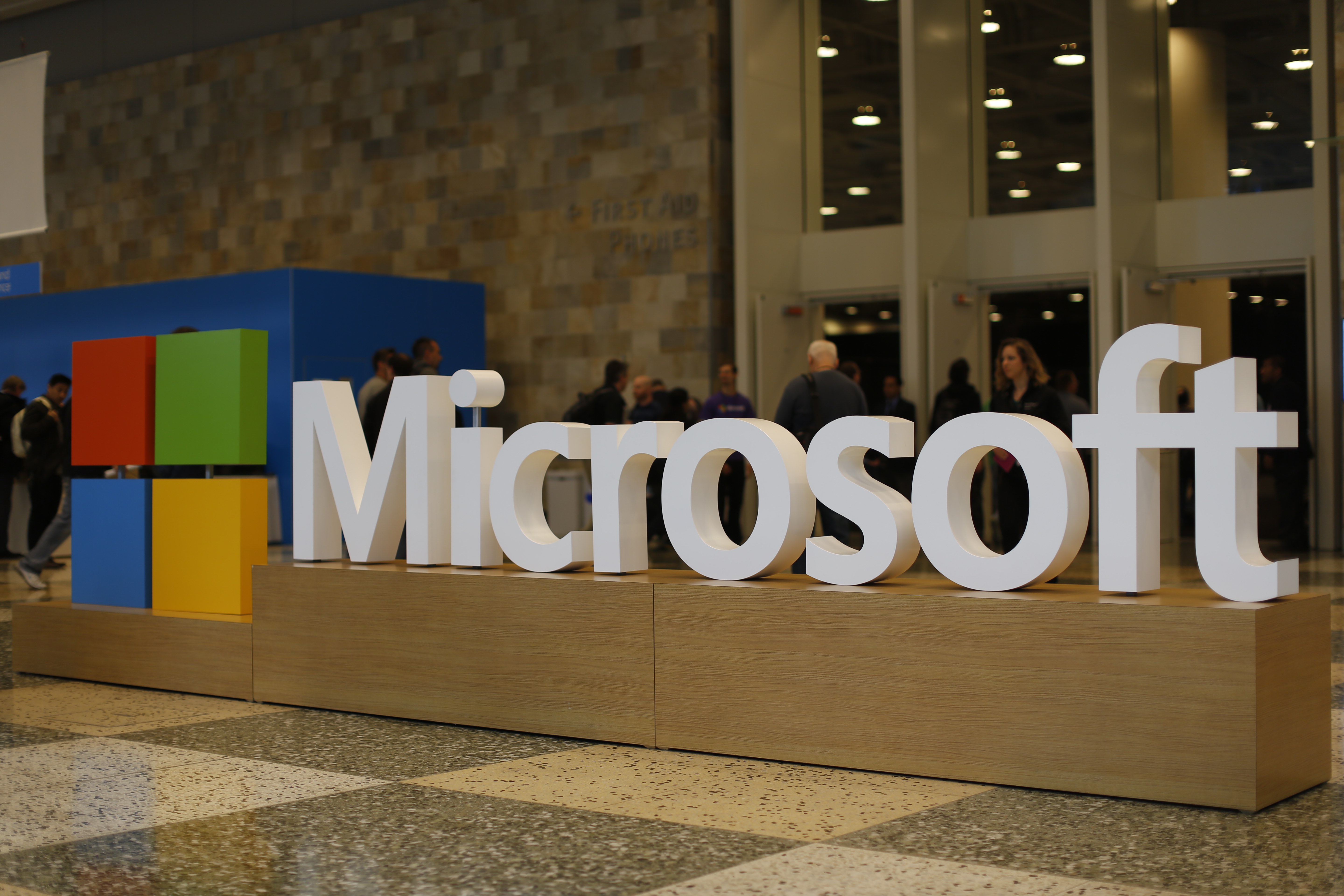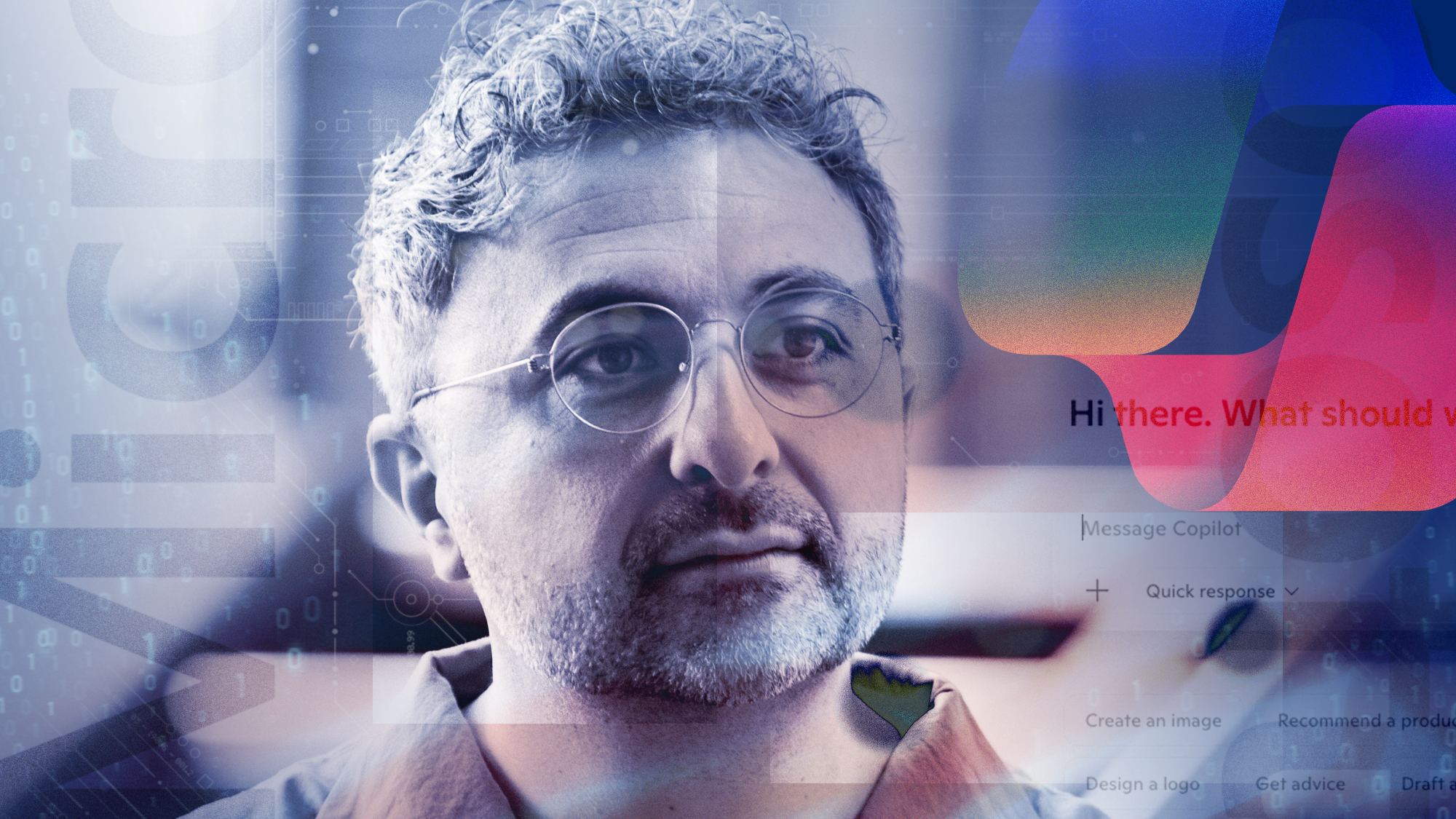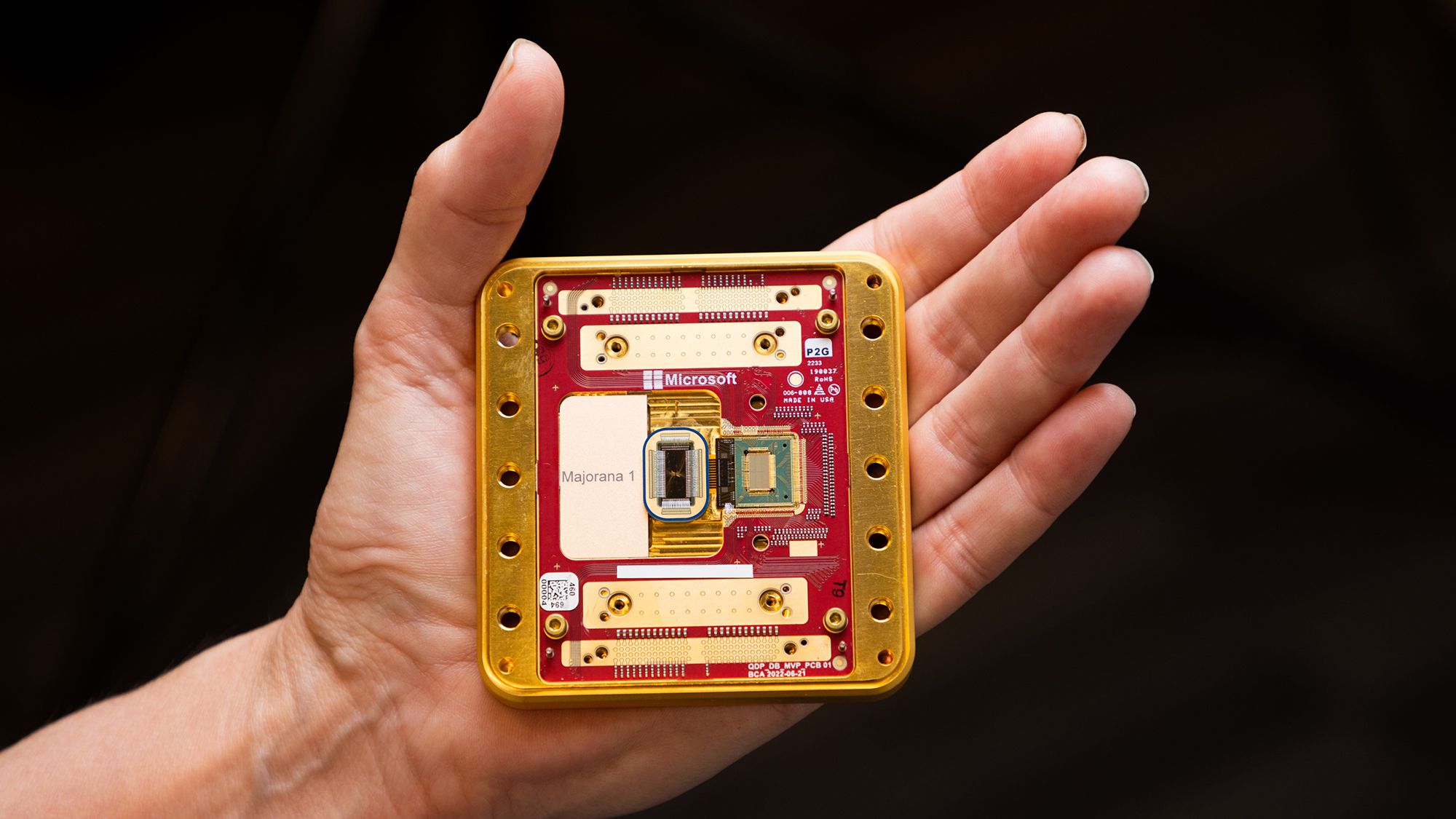Microsoft to open new division for medical AI research
Tech giant’s plans could help medical staff ‘prevent problems’, says research chief

A free daily email with the biggest news stories of the day – and the best features from TheWeek.com
You are now subscribed
Your newsletter sign-up was successful
Microsoft is planning a new healthcare division at its Cambridge research facility to develop artificial intelligence (AI) software for the health industry, reports The Daily Telegraph.
The company has appointed Iain Buchan, a former professor in public health informatics at the University of Manchester, to lead the medical division, the newspaper says.
He will be tasked with assisting Microsoft’s Healthcare NExT initiative, which collaborates with other organisations in the health industry to integrate new technologies into medical products and services, and also researches high-tech solutions for medical professionals.
The Week
Escape your echo chamber. Get the facts behind the news, plus analysis from multiple perspectives.

Sign up for The Week's Free Newsletters
From our morning news briefing to a weekly Good News Newsletter, get the best of The Week delivered directly to your inbox.
From our morning news briefing to a weekly Good News Newsletter, get the best of The Week delivered directly to your inbox.
Buchan says technology developed at the facility, including AI software and cloud computer systems, could be used to “act quickly and prevent problems before they need urgent medical attention.”
For example, The Daily Telegraph says the division plans to develop “monitoring systems that can help keep patients out of hospitals and alert them in a timely manner about problems”, as well as conduct “large studies into diseases such as diabetes.”
AI programmes that can be integrated with the healthcare industry are being worked on by multiple companies and research centres.
Last week, Engadget reported that AI software is being developed by a team of researchers from the University of Bari in Italy to detect signs of Alzheimer’s disease up to ten years before symptoms appear.
A free daily email with the biggest news stories of the day – and the best features from TheWeek.com
There’s also an AI programme that researchers from several universities in California are building that may be able to identify the diseases through an eye test, says Digital Trends.
-
 What to know before filing your own taxes for the first time
What to know before filing your own taxes for the first timethe explainer Tackle this financial milestone with confidence
-
 The biggest box office flops of the 21st century
The biggest box office flops of the 21st centuryin depth Unnecessary remakes and turgid, expensive CGI-fests highlight this list of these most notorious box-office losers
-
 The 10 most infamous abductions in modern history
The 10 most infamous abductions in modern historyin depth The taking of Savannah Guthrie’s mother, Nancy, is the latest in a long string of high-profile kidnappings
-
 Why 2025 was a pivotal year for AI
Why 2025 was a pivotal year for AITalking Point The ‘hype’ and ‘hopes’ around artificial intelligence are ‘like nothing the world has seen before’
-
 Microsoft pursues digital intelligence ‘aligned to human values’ in shift from OpenAI
Microsoft pursues digital intelligence ‘aligned to human values’ in shift from OpenAIUNDER THE RADAR The iconic tech giant is jumping into the AI game with a bold new initiative designed to place people first in the search for digital intelligence
-
 How the online world relies on AWS cloud servers
How the online world relies on AWS cloud serversThe Explainer Chaos caused by Monday’s online outage shows that ‘when AWS sneezes, half the internet catches the flu’
-
 Microsoft unveils quantum computing breakthrough
Microsoft unveils quantum computing breakthroughSpeed Read Researchers say this advance could lead to faster and more powerful computers
-
 Microsoft's Three Mile Island deal: How Big Tech is snatching up nuclear power
Microsoft's Three Mile Island deal: How Big Tech is snatching up nuclear powerIn the Spotlight The company paid for access to all the power made by the previously defunct nuclear plant
-
 Video games to play this fall, from 'Call of Duty: Black Ops 6' to 'Assassin's Creed Shadows'
Video games to play this fall, from 'Call of Duty: Black Ops 6' to 'Assassin's Creed Shadows'The Week Recommends 'Assassin's Creed' goes to feudal Japan, and a remaster of horror classic 'Silent Hill 2' drops
-
 CrowdStrike: the IT update that wrought global chaos
CrowdStrike: the IT update that wrought global chaosTalking Point 'Catastrophic' consequences of software outages made apparent by last week's events
-
 Why is Microsoft breaking up Teams and Office?
Why is Microsoft breaking up Teams and Office?Today's Big Question The company had previously divided the software in Europe, but will now make this change globally